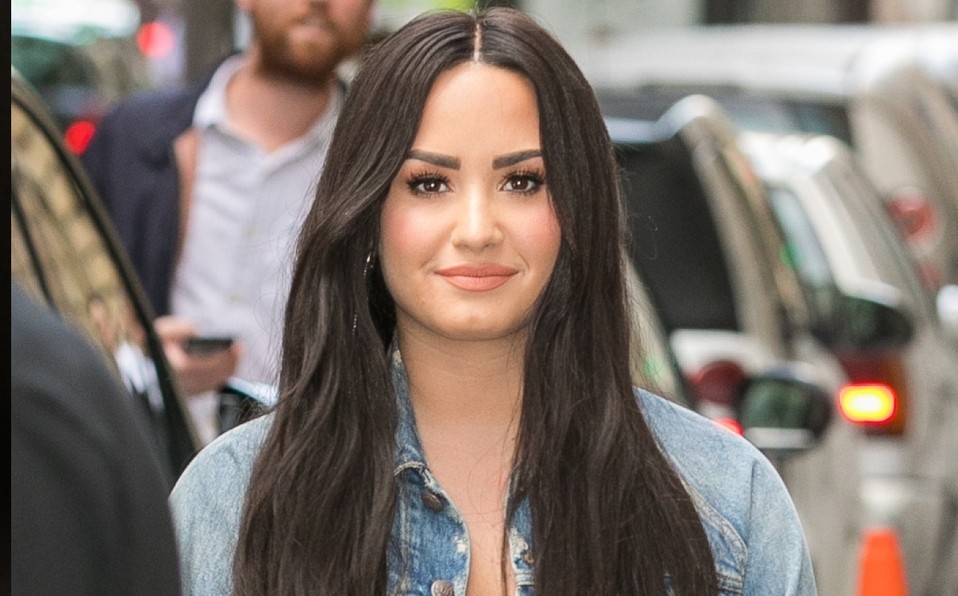Demi Lovato Addresses a “Common Misconception” About Her Past History of Substance Abuse
Demi Lovato may be open about her past experiences with drug abuse, but there are still some misconceptions out there that she wants to address.
The first misconception she touches on in an upcoming episode of Diane Guerrero‘s podcast Yeah No, I’m Not Okay is the idea that “if people are using drugs or if they are dealing with an eating disorder or self-harm that they want to die.”
Demi explains she believes that her addictions “stopped me from dying,” before adding, “In the same way it almost killed me, it saved my life at times, because there were times that I dealt with suicidal ideations. And had I gone forward with that in that moment, instead of another destructive coping mechanism, I wouldn’t be here to tell my story.”
Now, after seeking treatment, the 28-year-old star says she’s come to believe “I turned to those coping mechanisms because I genuinely was in so much pain that I didn’t want to die and I didn’t know what else to do.”

She adds, “I did the best that I could at times and now that I have other tools and other resources, I know how else to deal and how else to cope so I don’t have to resort to those behaviors again.”
And as Demi has said before, she’s open about her past experiences for a multitude of reasons, but her primary motivation is to let others know “we all struggle.”
Demi says that when she was a teen she didn’t understand how common mental health issues were until she was older and a celebrity. She recalls, “I would look at people in the media and I would just compare myself, not feel good enough, not feel thin enough, and wonder how it was that these people were living lives that seemed so perfect but yet I was in so much pain. And when I got into the spotlight, I was like, ‘Oh, it’s not perfect here, nobody has a perfect life, it just looks that way.'”
The former Disney Channel star adds, “If I can break that facade for Hollywood—sorry, Hollywood—someone’s gotta do it because we’re presenting unrealistic expectations to people by only presenting our best selves at all times.”
Now, Demi says she doesn’t try to present a certain image of herself, nor does she try to fit a mold. Instead, the “Sorry Not Sorry” singer says she’s dedicated to being “the person that I most identify with in my life today.”
“I’ve tried on many identities over the years—the sexy feminine pop star that I felt like people wanted me to be or the poster child for recovery—and now I’m embracing the fact that my lack of commitment to any one identity isn’t a lack of commitment,” she explains, “it’s just an openness to continue to evolve.”





